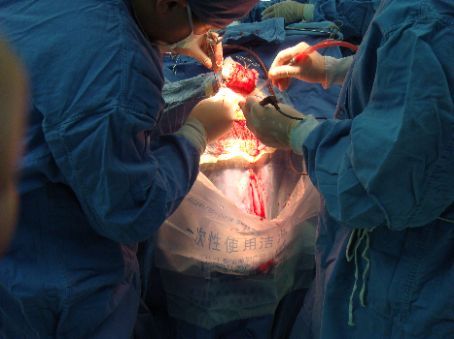What types of problems do Neurosurgeons treat?
• Tumors involving the brain, spinal cord, nerves, skull or the spine. These may be a primary growth from the local tissues themselves or a metastatic spread from a cancer in another part of the body.
• Spinal problems resulting in neck or back pain, the pinching of nerves with resultant pain, numbness or weakness in the arms or legs. These conditions can result from ruptured or bulging disks, excessive overgrowth of arthritic bone, slippage of the vertebra, infections or fractures.
• Peripheral nerve injuries or compression resulting in pain, numbness, weakness and wasting of the muscles in the face, arm, hand or leg. Conditions such as Carpal Tunnel syndrome are common when the nerve crossing the wrist is compressed or entrapped.
• Neurovascular disorders such as strokes, brain hemorrhages, aneurysms, vascular malformations, traumatic or non-traumatic blood clots affecting the brain or spinal cord and carotid artery disease.
• Brain disorders such as Parkinson's disease, epilepsy, hydrocephalus or malformations involving the brain from birth.
• Infections involving the brain and spinal cord, the fluid surrounding these structures or the spinal vertebra and disks.
• Traumatic injuries to the brain, spinal cord, bones of the spine, nerves and skull.
• Use of gamma knife to treat indicated disorder
